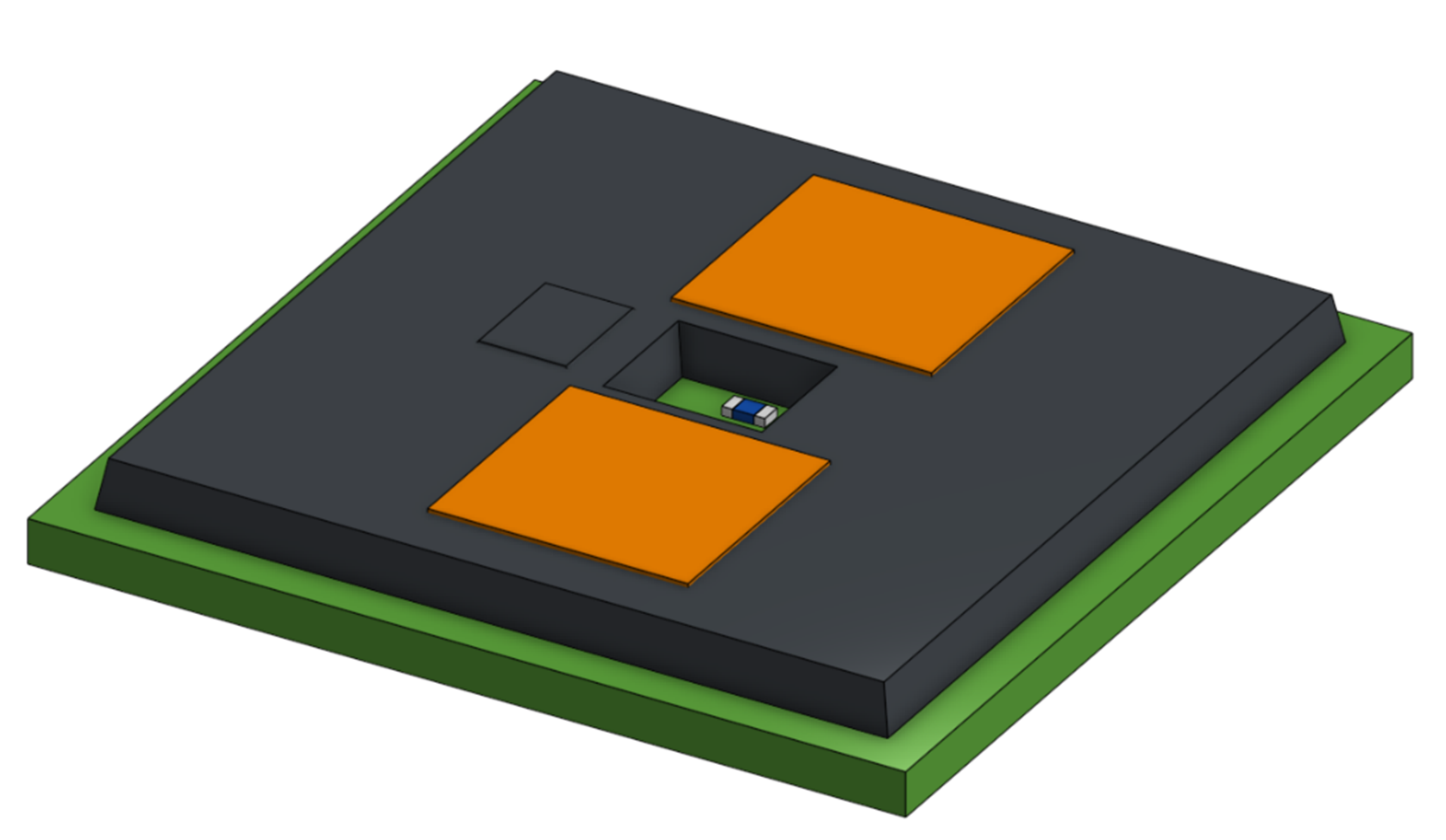In the "GaNext" project (short for next-generation GaN power modules), the aim is to lower the entry hurdle in the use of gallium nitride (GaN) semiconductors and at the same time improve the efficiency and compactness of GaN-based modules for power electronics. The project focuses on the development of an intelligent power module (IPM) based on GaN devices. These are combined with gate drivers and a programmable, fail-safe control unit with integrated protection circuits. The integration of the individual components in a compact housing increases the user-friendliness for the end user.



Within the European EUREKA cluster PENTA, a project duration of 3 years and a total budget of 10.2 Mio €, 13 project partners from the UK, the Netherlands and Germany cooperate in the development of an intelligent power module. The partners from research and industry combine their knowledge in the fields of semiconductor devices, system integration (packaging) and power electronics.
With more than 30 years of experience in the development of microelectronic circuits the Fraunhofer Institute for Microelectronic Circuits and Systems (IMS), in cooperation with advICo microelectronics GmbH, contributes a programmable and fail-safe PWM controller chip for the power module. Integrated safety functions, filter units, a wide range of programmable time response and a RISC-V based processor allow an optimal adaptation to the characteristics of the GaN power devices.
GaN transistors are wide-bandgap compound semiconductors that enable power electronic systems with high efficiencies and power densities. This is due to a lower drain-source on-resistance, shorter switching times and drastically reduced switching losses of GaN compared to today's Si devices. Power electronic systems based on GaN semiconductor devices are lighter, more compact, significantly more efficient and potentially more cost-effective than solutions based on Si devices.
The IPM developed in GaNext should enable more end users to switch to this efficient technology. In the field of electromobility this leads to higher efficiencies and more compact and lighter designs, so that significantly more efficient and lighter charging systems can be realized and, due to the energy savings, higher ranges can be achieved in the field of renewable energies, enormous saving potentials can be achieved in the overall system in the voltage conversion and feed-in of energy from photovoltaic and wind power due to a more efficient power electronics system.
These and other application examples will be addressed with the help of 5 consortium partners, who will test and evaluate the intelligent power module as end users in their power electronic systems.
The following project partners are represented in the »GaNext« consortium:
United Kingdom
Cambridge GaN Devices, CSA Catapult, Lyra Electronics Ltd.
Netherlands
Besi Netherlands BV, Eindhoven University of Technology, Neways Technologies BV, Signify
Germany
advICo microelectronics GmbH, Maccon Elektroniksysteme GmbH, Infineon Technologies AG, Sumida GmbH, Technische Universität Dortmund, Fraunhofer IMS
For more information, take a look at the PENTA project description
https://www.penta-eureka.eu/downloads/ProjectProfiles/penta-project-profile-ganext.pdf
and visit the official »GaNext«- project website
